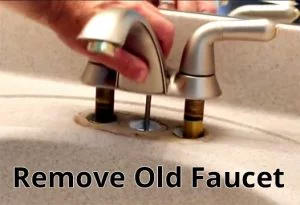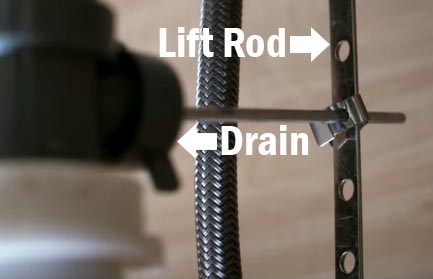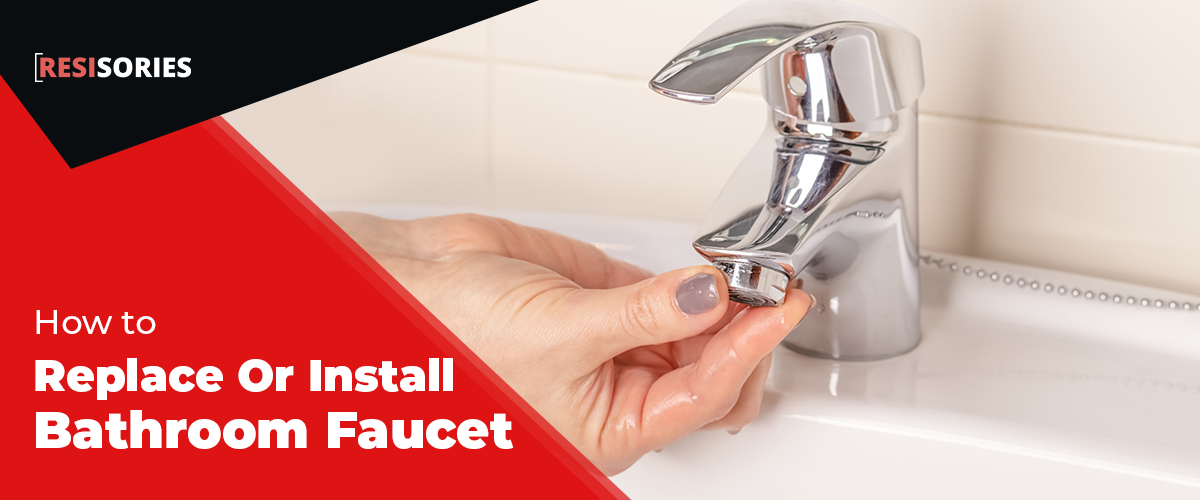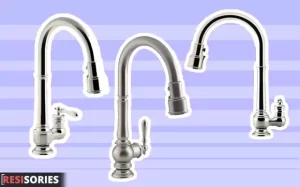The bathroom faucet is a really important part of any home. If it’s not working properly or gets older then it’s may need to change the old bathroom faucet. That’s why we are going to talk about the installation of a new bathroom faucet or replace the old one in a proper way.
It’s a great way to replace your old bathroom faucet by yourself to save on installation costs, and it can be a great DIY project. Below, you’ll learn about the tools and materials that you need, the steps to follow, and some pointers to help you be successful even if it’s the very first time.
Replacing a bathroom faucet Step By Step
Excited about taking on this cool DIY project yourself? You aren’t alone; it’s a popular one for those in home improvement! However, part of preparation is going to be making sure that you carve out your budget and timing for it to be successful.
Before you start buying a new bathroom faucet, you need to know what type of setup you already have. If it’s the existing bathroom faucet is two-handled, then measure the distance between the handles. If it’s 6-inch or more, then you will need a widespread bathroom faucet. On the contrary, you’ll need a center-set bathroom faucet.

But my suggestion is, remove your old bathroom faucet first then measure the distance and count the holes.
Pro Tips: Clockwise makes the nuts tighter and counter clockwise makes them looser.
Now measure the distance and count the faucet holes.
If there is only one hole, then you’ll need a single-handle bathroom faucet. If the number of holes is two then you’ll need a double-handle bathroom faucet. But if you want to convert the two-handle bathroom faucet to one handle then buy a single-handle faucet with a baseplate to hide the unused hole on the countertop. You should concern about the baseplate size if it is large enough to cover the unused holes.
Some bathroom faucets come with matched drains. If so, then you need to remove the old drain and install the new one.

Conclusion
In conclusion, replacing or installing a bathroom faucet is a relatively easy task that can be accomplished in a short amount of time with the tools and instructions given above. By following the simple steps outlined in this article, you can successfully replace or install a bathroom faucet without any trouble.
See also
- How to Replace a Bathtub Faucet Valve
- Best Tips for Effortless Moen Single Handle Bathroom Faucet Repair
- Best Single Handle Bathroom Faucet Reviews
- Converting A Two Handle Bathroom Faucet to a Single Handle Faucet
- Single Handle Bathroom Faucet Installation
- How to Replace a Single Handle Shower Faucet
- Best Bathroom Faucets For Seniors
- Pfister Brea Vs Jaida Faucet (Which Bathroom Faucet is Better)







